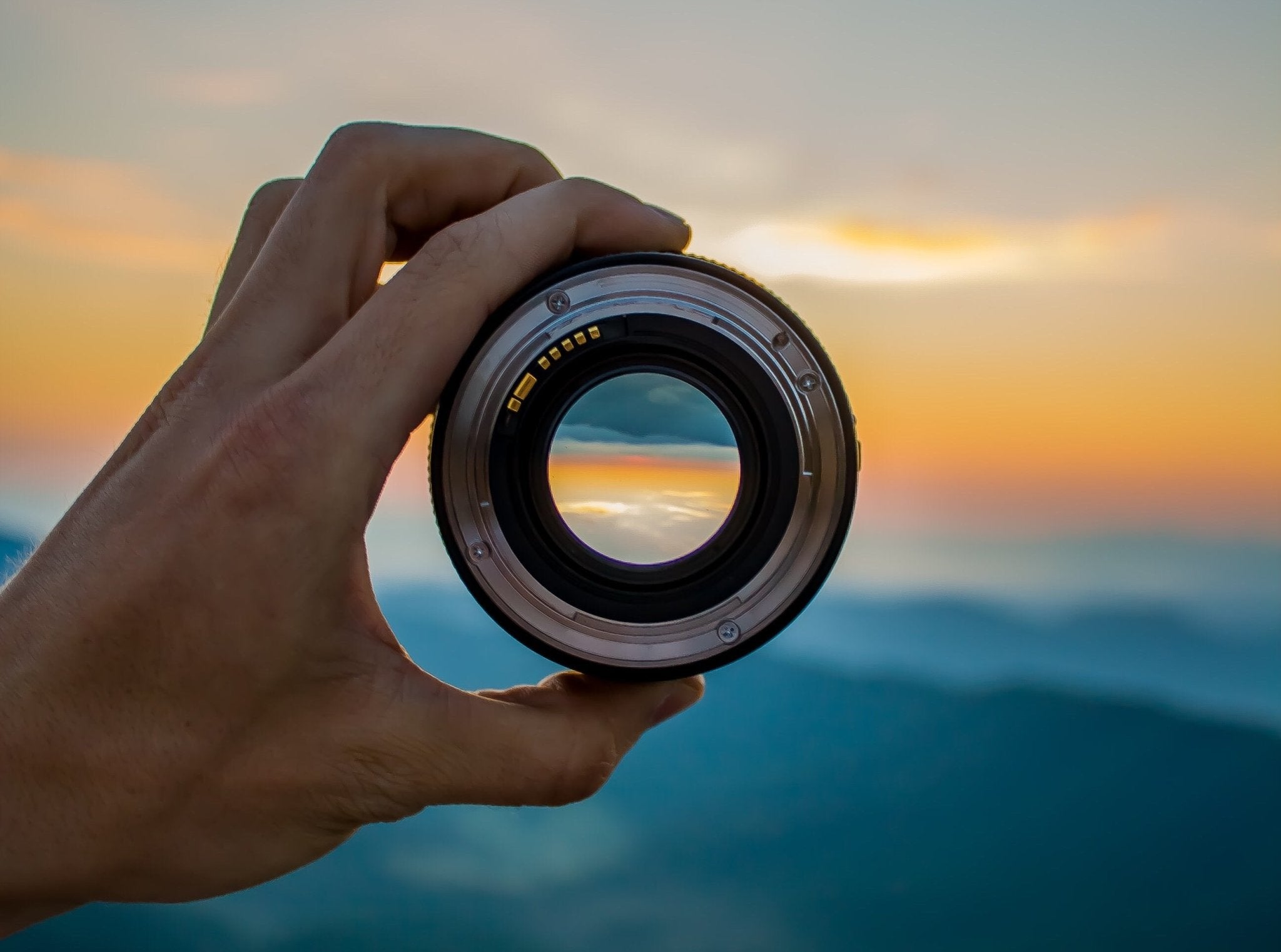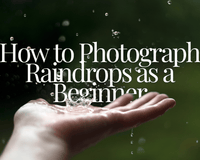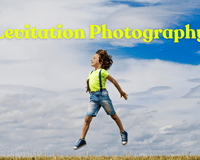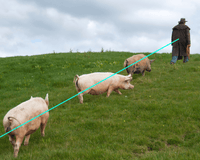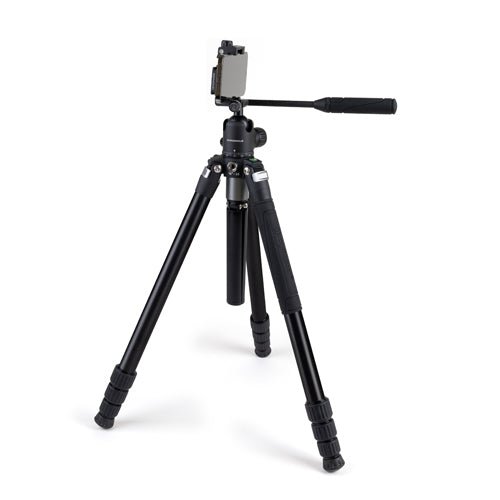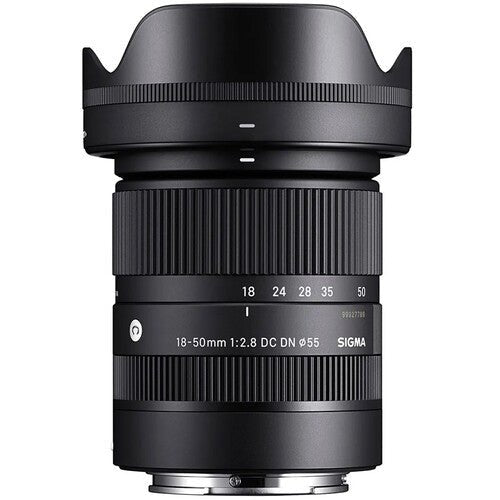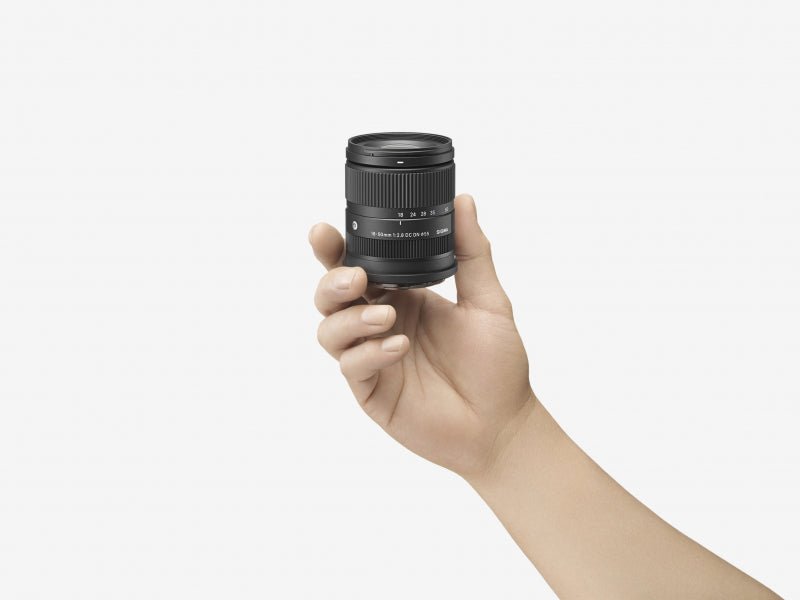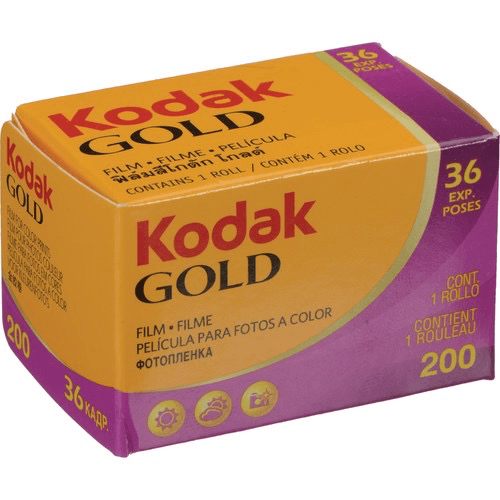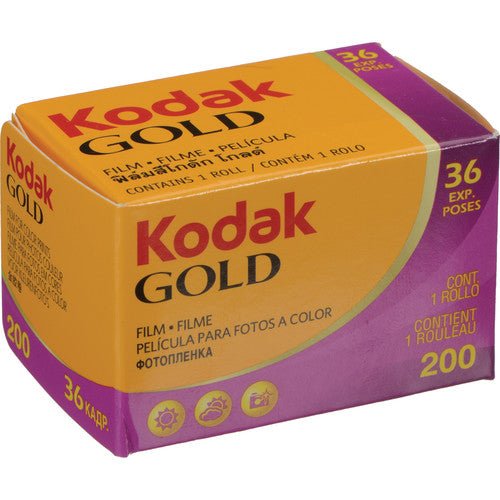Landscape photographers frequently search for the best lenses to capture the beautiful scenery around them. Having a good lens can instantly improve your photograph - a good lens is also considered by some to be more important than the camera itself.
The lens you choose can dramatically alter how you decide to compose your photographs. For example, a wide-angle lens will gather more elements in a single shot and can warp certain areas of your image than a telephoto lens would. Not only will lenses give your image a different aesthetic but they also have other differences like weight, aperture abilities, and sharpness.
The best advice I can give you is to start by envisioning how your image will look when you finish. Once you have a vision, you can start thinking about what lens will help you bring your vision to life.
Starting Your Lens Search
There is no such thing as the best lens. Of course, some brands can outperform others, but the type of lens you choose will depend on what you are trying to achieve and what you prefer visually. Just because I think wide-angle lenses are the best doesn't mean you will agree with that. And that's okay! That is what makes all of our photographs unique and personal to us.
Once you decide how the final result should look, think about the different lens brands and what they offer. Just because one may have the same optical quality, they may have other differences. Many landscape photographers prefer lenses that are lightweight and easy to travel with.
So, that probably didn't help you at all, did it? Don't worry - I'll get more into what type of lens you might need. Just remember to make your decision based on your photography goals.
Let me explain to you the things to consider
Focal Length and Wide-Angle Lenses
A wide-angle lens is always a good first pick. These lenses will offer a long depth of field, and having a long depth of field is typically desirable in landscape photographs. For example, if you are shooting a mountain range, you will have a lot of scenery to fit into your frame. Using a wide-angle lens will allow you to capture a large subject with some foreground and background. You will also be able to create the majority of the photograph in focus to have a clear image.
However, other options will give you beautiful landscape photographs. Prime lenses (for example: 35mm lenses, 50mm lenses, 85mm lenses) and telephoto lenses can also capture gorgeous images. If you want a creative take on your scene or need to isolate a subject, you might want to try a telephoto lens.
Aperture
Frequently, aperture is not at the top of the priority list for landscape photographers, and having a better depth of field is a higher priority than selective focus. The aperture range of f/5.6 I to f/16 is usually the sweet spot for landscapes. When you use a tripod, you can work with a smaller aperture.
Prime or Zoom
This one is up in the air! Zoom or prime, prime or zoom. Zoom has the benefit of zooming in on a subject from a distance. The downside to a prime lens (35mm lenses, 50mm lenses, 85mm lenses) is not having the ability to quickly zoom. You will have to rely on moving your body to zoom in on something. They almost offer the same image quality. The benefit of using a prime is having to actually move around. Doing this will give you different perspectives instead of taking the easy route of a zoom. When you decide between a prime or zoom, think about what your scene will offer. Will you have the opportunity to move around, or will you be stuck on a deck overlooking the scenery? Also, consider the lens's weight and if you will be traveling with it. And lastly, think about the focal length you want
Manual or Auto Focus
The clear benefit of using autofocus is the speed you have getting the focus you need. This eliminates a lot of time wasted on getting that perfect focus. Even better, autofocus lenses also come with the option to manually focus. Should there even be a debate on which one is best?! Well, yes, there should be. Although the autofocus lens gives you ease from focus by wire, having complete control from a manual focus lens can be beneficial. You can switch focus a lot easier when relying on a mechanical focus. I think manual focus lenses still give better outcomes than the updated and electronically savvy autofocus lenses.
So, what else should you consider?
Does your lens offer any weather protection?
Landscapes are usually shot outdoors and can result in unpredictable weather. Having a weather-resistant lens will save you money by not causing damage. You want to ensure a little rain or snow won't ruin what you have!
Don't rule out tilt-shift lenses?
These nifty lenses will let you quickly alter the perspective, impact the plane of focus, and even modify the distortion. With this lens, you will achieve some impressive depth of field ranges, and they work great while trying to shoot tall subjects.
Rent a Lens
Try renting a lens if you still feel unsure about what lens to invest in! Renting a lens from a local camera store is a great way to test lenses and see if they are right for you. Take a few test shots and see how you like the end results and their handling. And, if you aren't able to find a local place to rent your lenses, you can always reach out to a few photographer peers to see if they have the lens you are thinking about purchasing. If they do, they might offer to let you borrow it.
Again, there is no right or wrong answer. Your answer will ultimately depend on your photography goals. Picking your lens will be crucial because of its impact on your images. For more advice on what to do with landscape photographs, check out these articles on the best camera settings:
Related article: Landscape Photography Settings
Related article: Photography Composition Techniques
Related article: Camera Settings for Cloudy Day
Related article: Promaster Tripods Review

